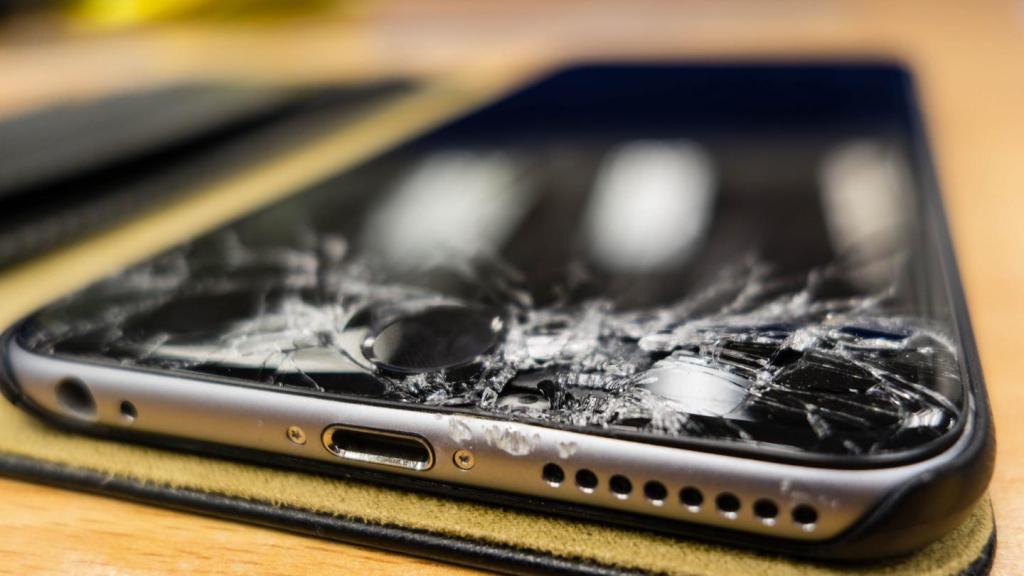The news that Apple throttles iPhones that have old batteries will reinvigorate the right to repair debate as the movement enters a crucial year.
Third party repair shops say they’ve already seen an uptick in customers asking for battery replacements to speed up their slow phones, and right to repair activists who are pushing for state legislation that will make third party and self repair more accessible say Apple’s secrecy about this behavior will give them a powerful rallying message.
Videos by VICE
“If Apple were serious about battery life, they’d market battery replacements,” Gay Gordon-Byrne, executive director of Repair.org, told me in an email. “Apple clearly has a big financial benefit when people decide their phones are too slow and head to the Apple Store for a new phone.”
Repair.org is a right to repair advocacy group that is made up largely of small, third party repair shops, which is spearheading the effort to get states to consider legislation that will make it easier to repair electronic devices.
Apple throttles phone performance as batteries age in order to prevent the phone from suddenly shutting off. This makes sense, but Apple has not messaged this to its consumers—it’s given only two opaque statements that conveniently avoid stating the facts: old batteries will negatively affect phone performance. And Apple has never said that simply replacing the battery will fix this throttling.
On the contrary, Apple has lobbied against state-level legislation that would require it to sell repair parts to consumers and third parties and release service manuals for its devices. It has also warned consumers against using third party repair in software updates. Meanwhile, Apple Stores will only replace iPhone batteries if they fail a specific diagnostic test, the specifics of which are not made public. Third-party replacement repair usually costs about $40, compared to the $79 that Apple charges.
“If you don’t fail the diagnostic test, they won’t do it,” Michael Oberdick, owner of two electronics repair shops called iOutlet in Ohio, told me on a phone call. “If I drive into an automotive repair shop and ask them to change the battery, they’ll do it for me even if their diagnostics say it’s good.”
Apple has not clearly messaged to consumers that phones with old batteries are getting throttled, which means there are many people out there who think their perfectly good phone has gone bad.
“Apple is consistently doing things like this without the consent of their customers,” Oberdick said. “It’s always a move that makes the consumer who is not informed or technologically savvy replace their phone.”
Oberdick says that around new iOS updates—which usually follow the release of a new iPhone—his shop sees a “massive increase in battery replacements. Our battery replacements will triple.”
He says that he’ll use this news to let his consumers know why their phone is slowing down.
Gordon-Byrne, meanwhile, says that this information can be used to talk to the masses about the importance of being able to repair your own things. This year, 12 states introduced right to repair legislation, but none of them passed, due to tech company lobbying (including by Apple) or crowded legislative calendars. Most states introduce new legislation in the first few weeks of the year, and Gordon-Byrne says lawmakers in many new states have reached out to her about their intention to write a right to repair bill.
“Legislative sessions are kicking up right after the new year, and nothing stirs the masses better than Apple being a bully,” Gordon-Byrne said. “More states have got bills being drafted for filing. It’s going to be a good New Year.”




